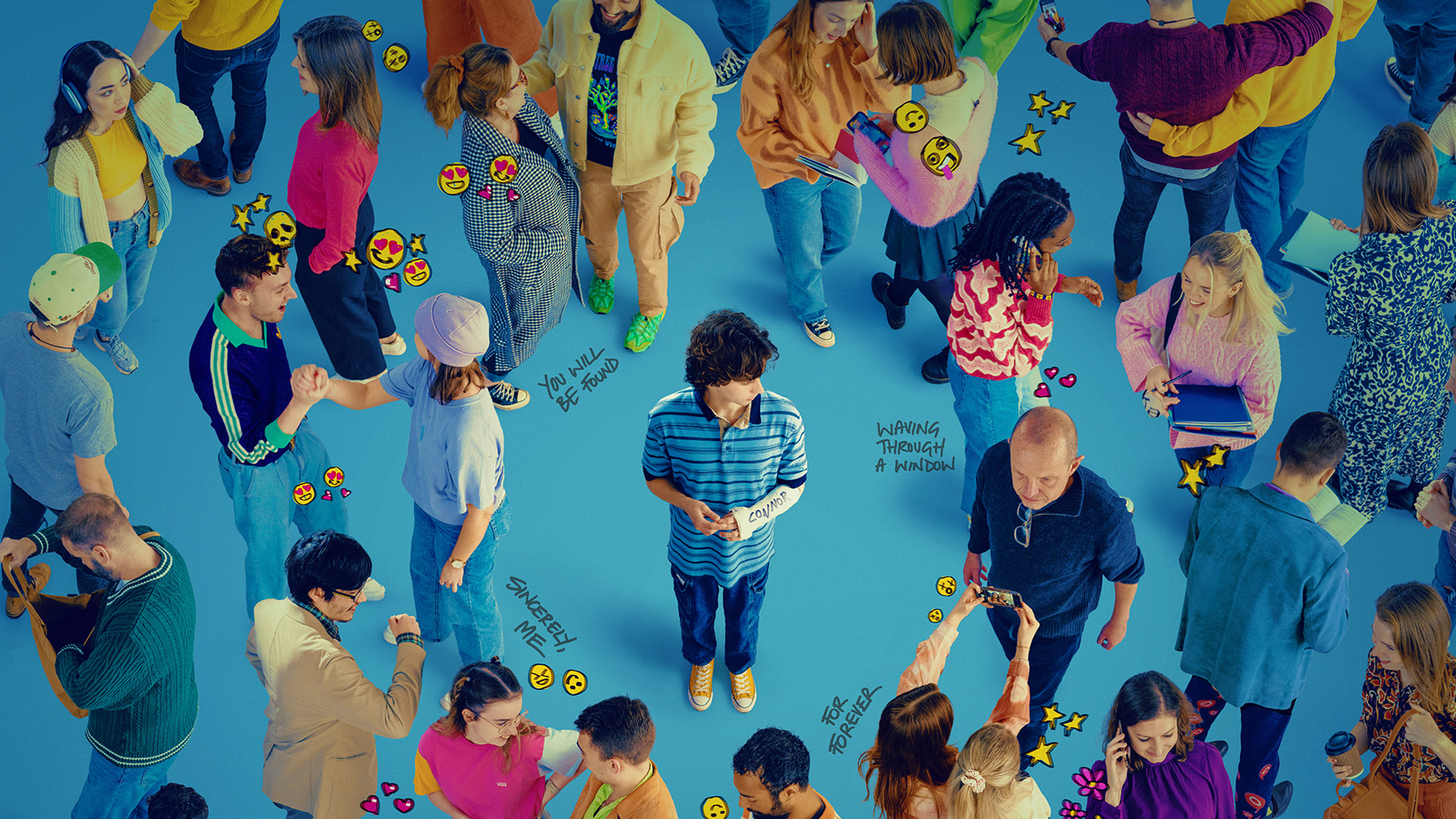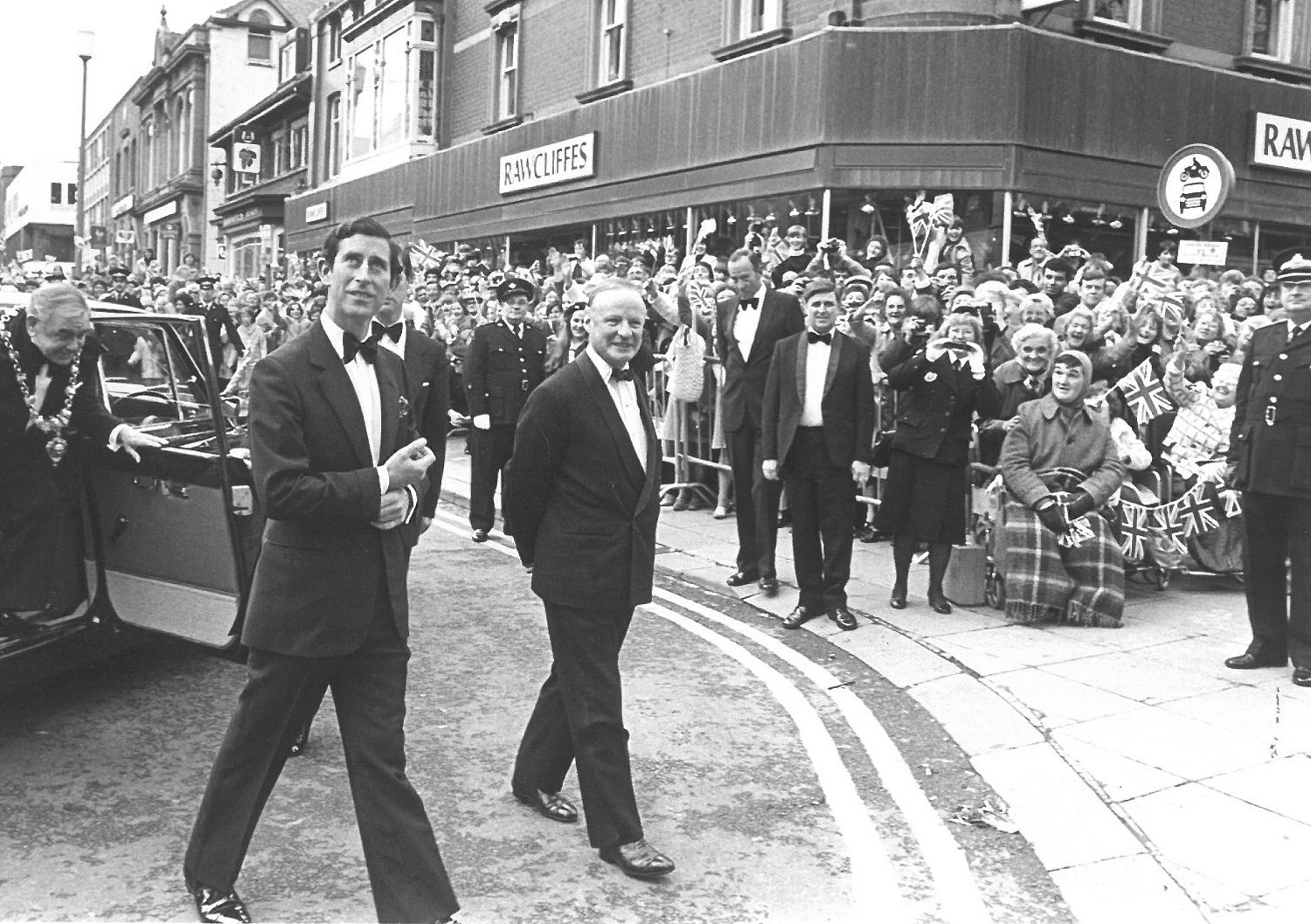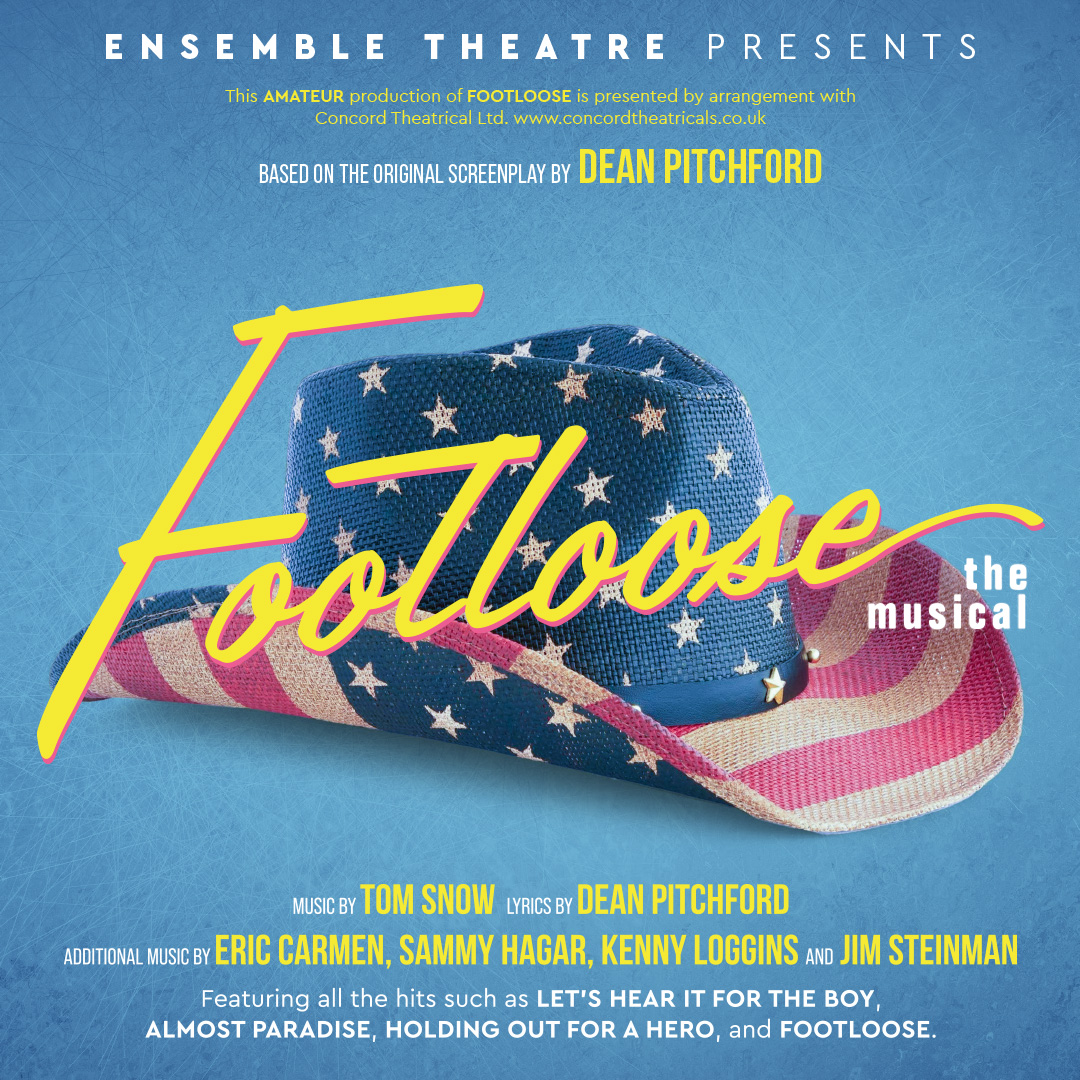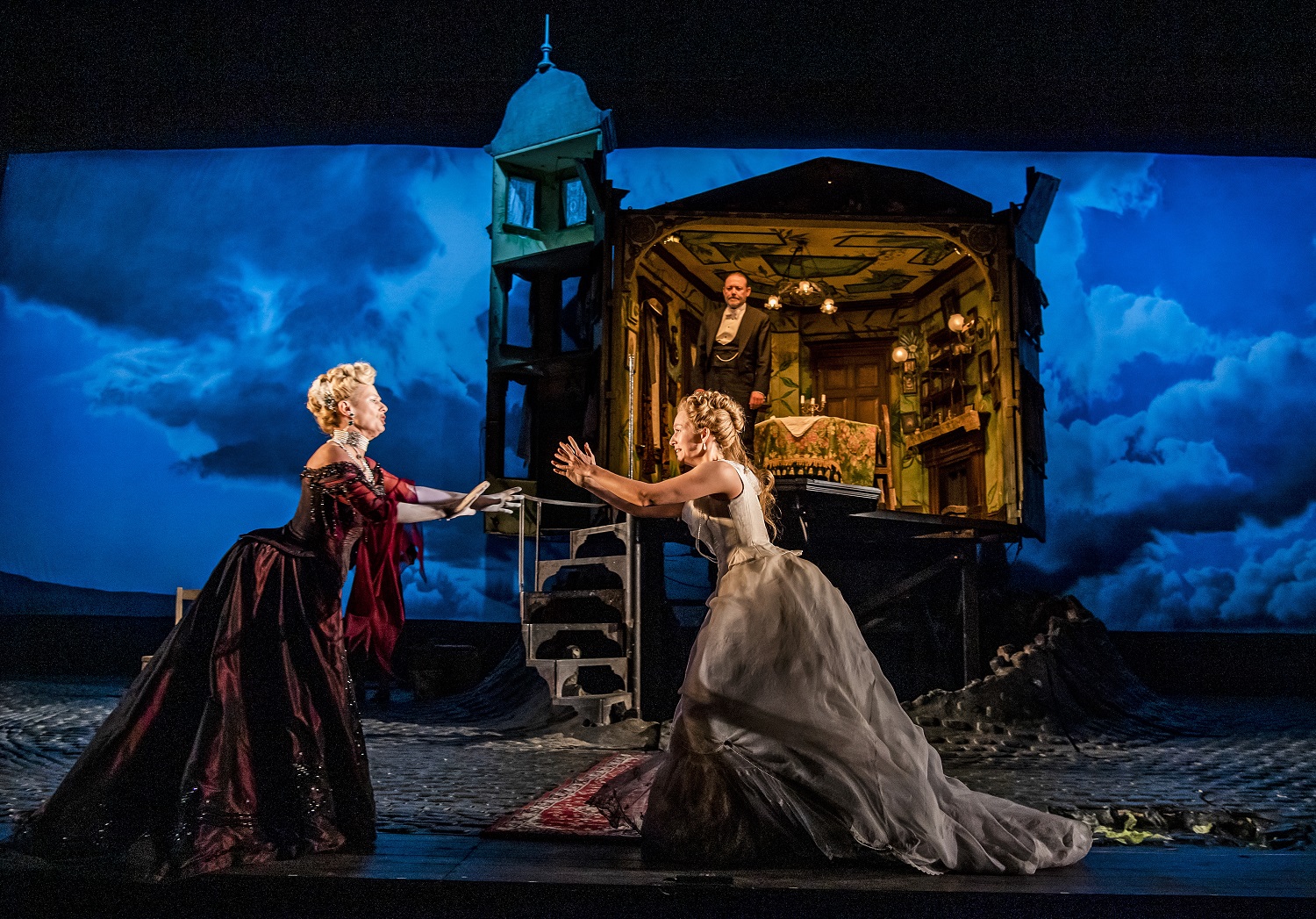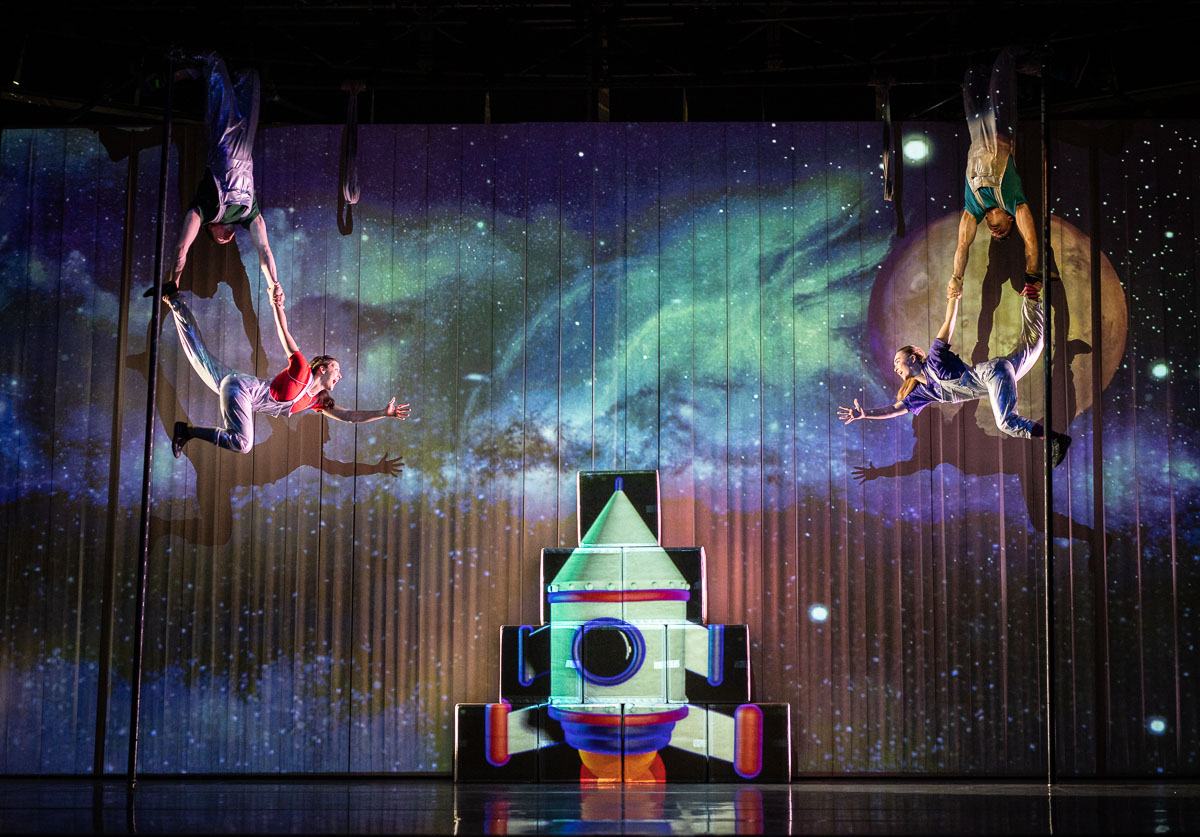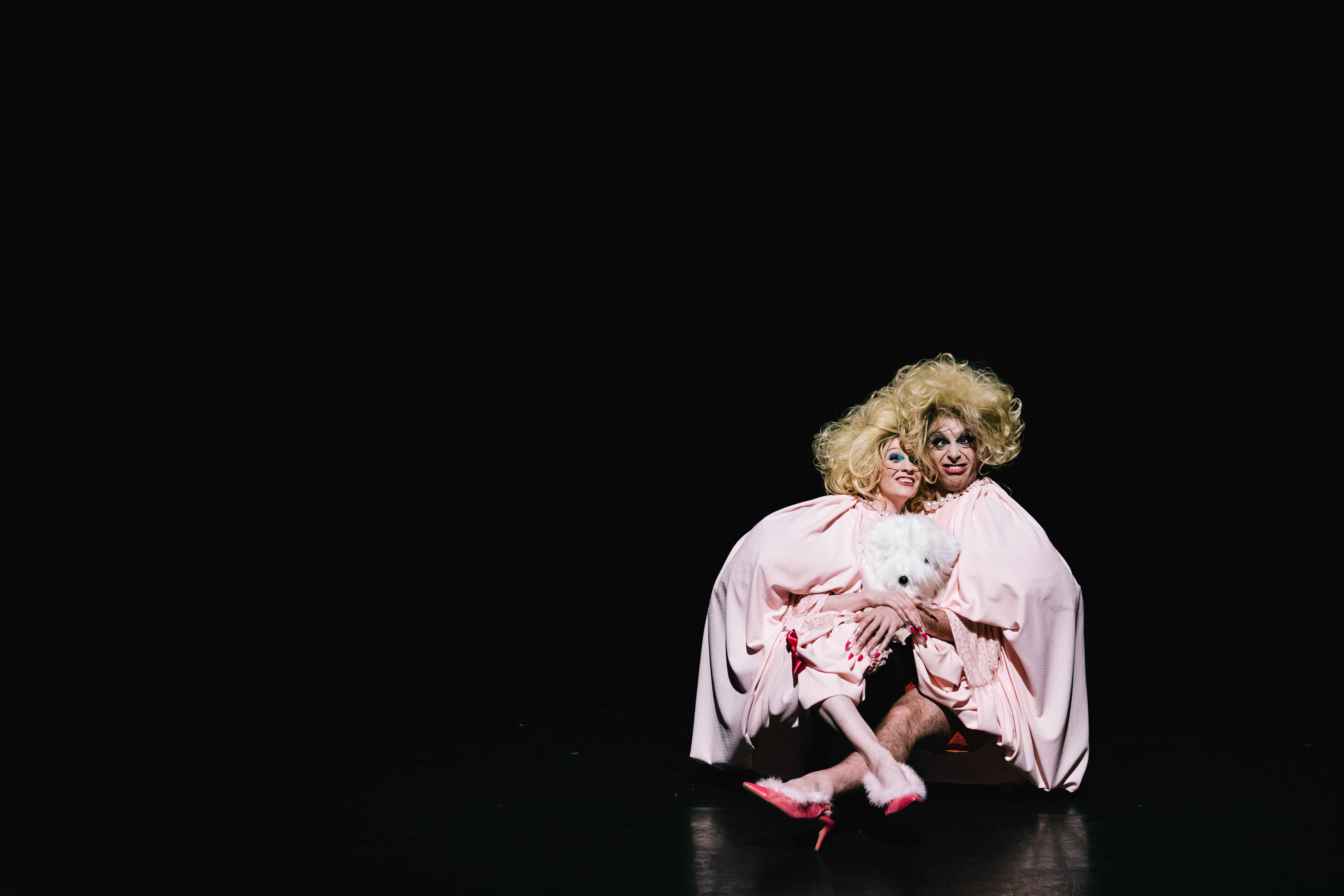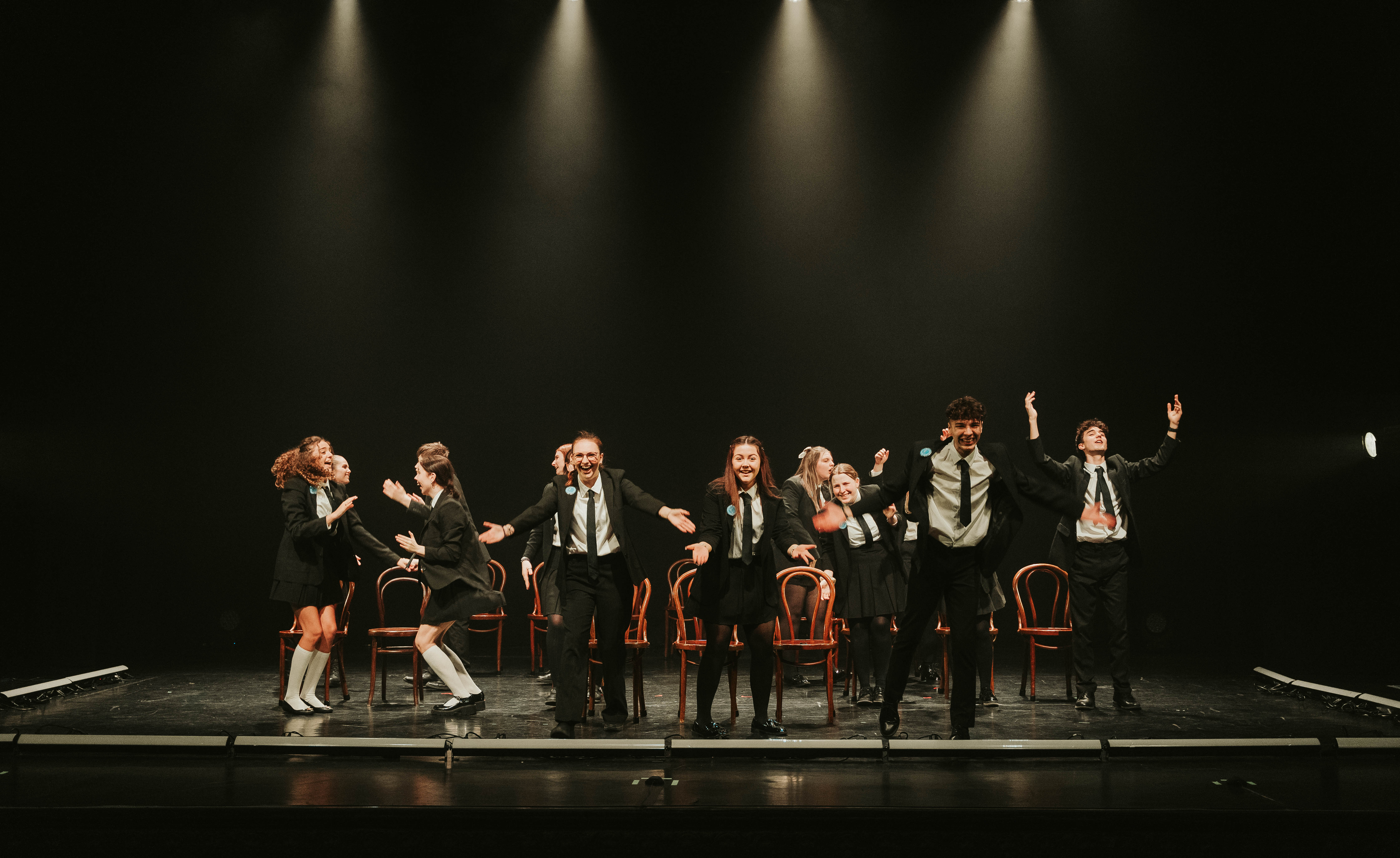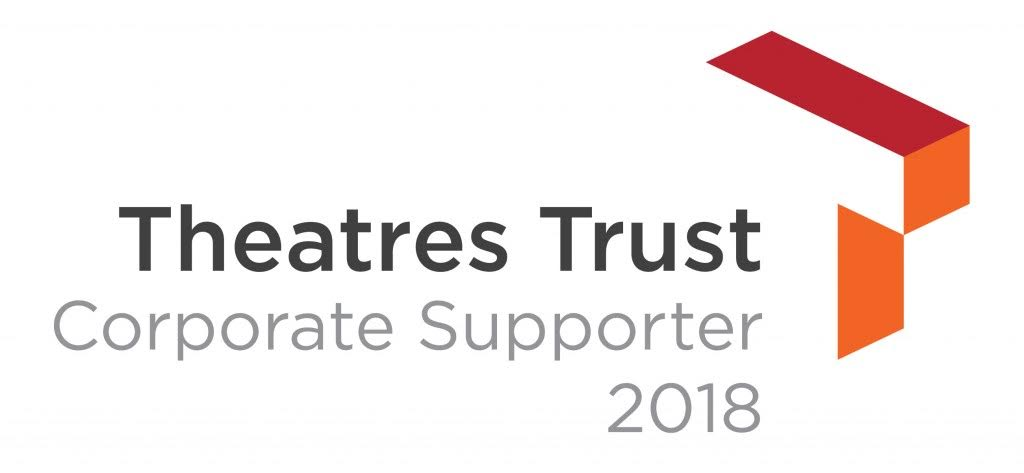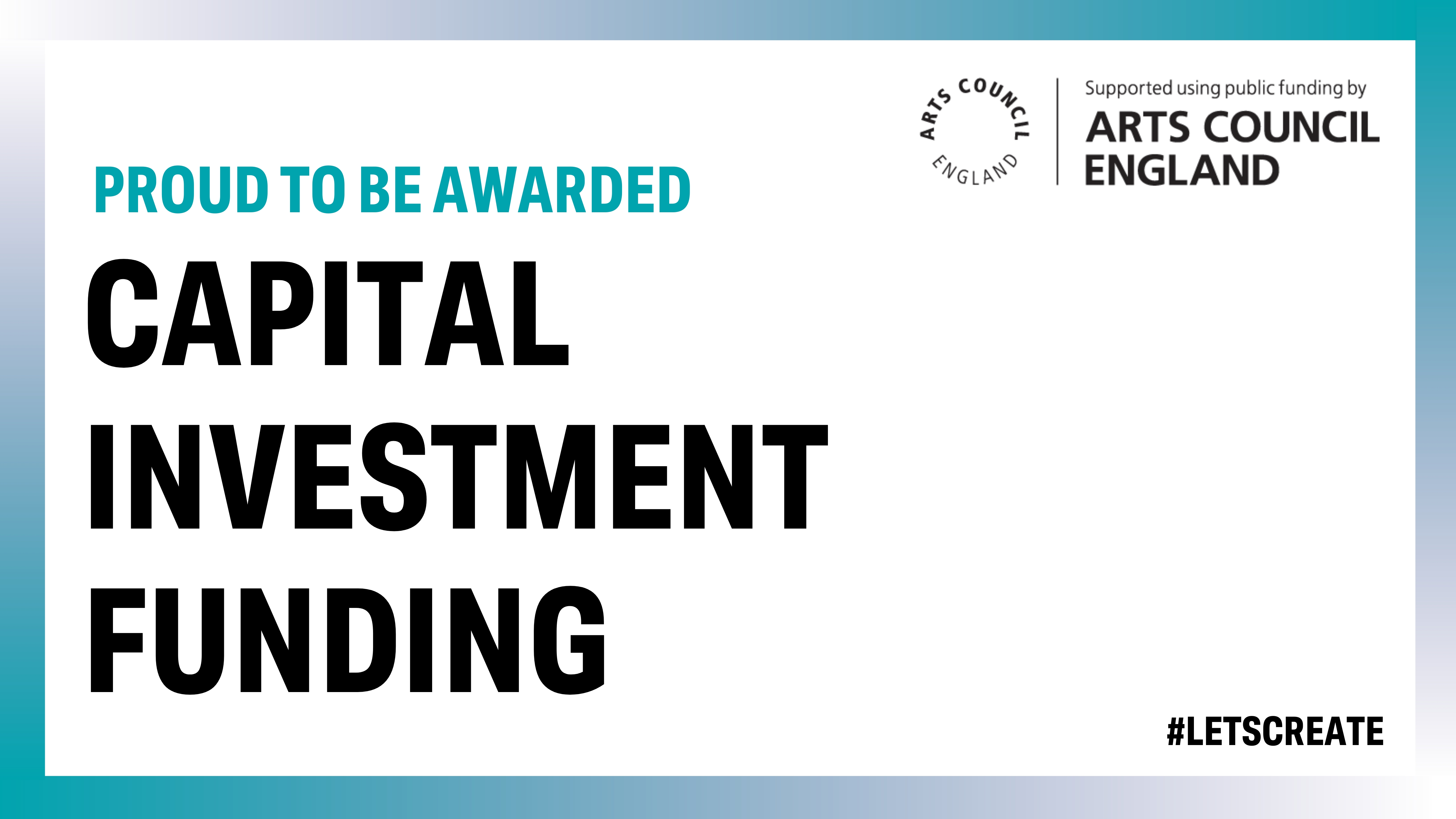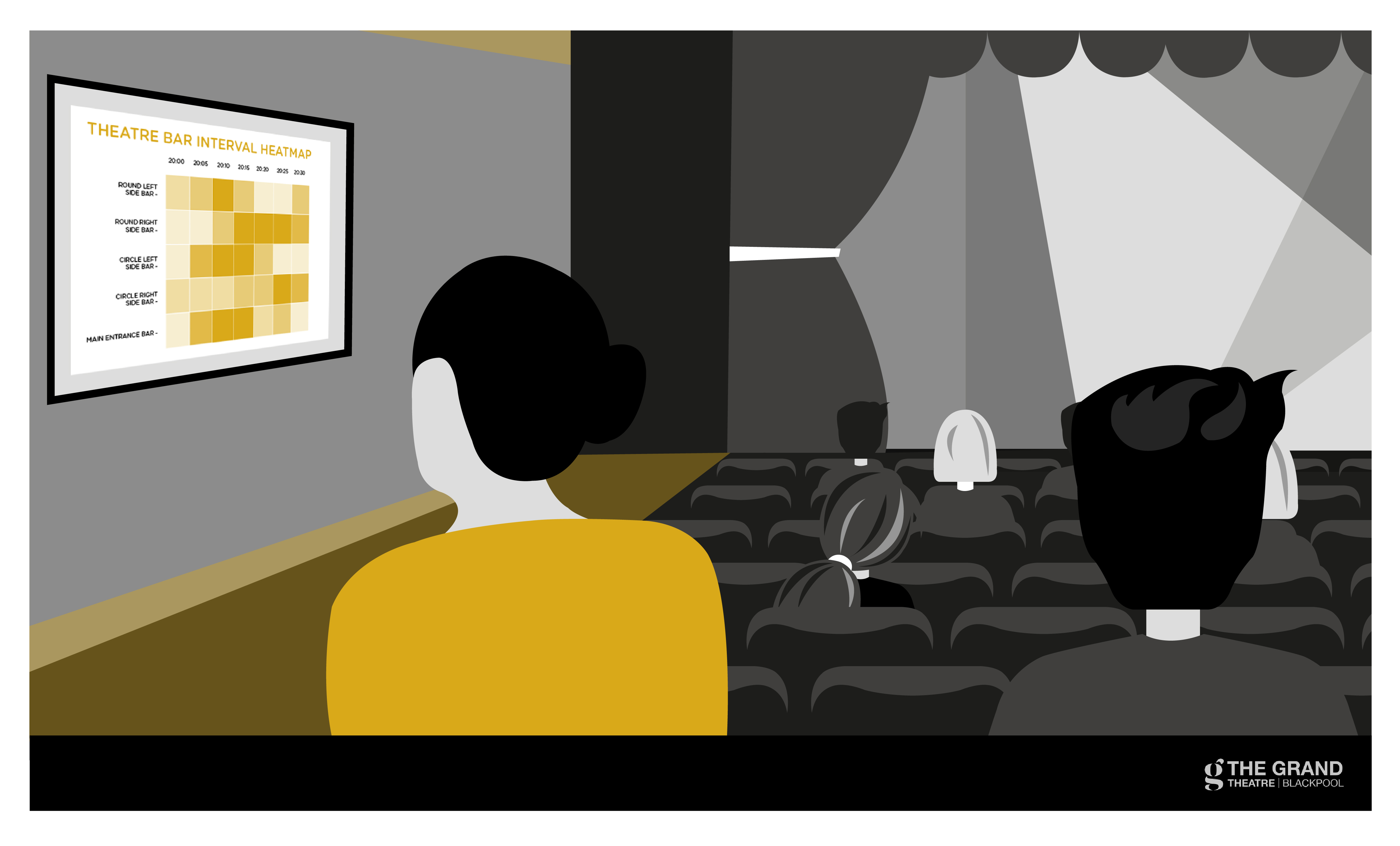
Future of Theatre In A Digital World
8 min read
Share
Theatre is having to adapt and following the recent Coronavirus (COVID-19) pandemic it has proven just how important it is for the theatre, performing and visual arts industry to pivot and adopt a new approach.
What does the future of theatre hold?
Blackpool Grand Theatre continues to place a significant amount of importance on developing its IT systems, Customer Relationship Management (CRM) and Audience Data year-on-year. The theatre has just completed a five year aim to align all of its programmes to integrate, allowing a seamless working of all systems they use from the moment they put something on social media through to the customer attending the theatre by utilising AI software. Doing this successfully will increase customer experience, raising more online reviews and gaining insightful customer feedback.
Just this week, Blackpool Grand Theatre has laid out its plans for the next ten years (2020-2030), which includes collaborations with companies such as Spektrix, Activity Stream, Audience Agency (Data and Digital), the Arts Council England Digital Culture Network and The Evergreen Agency.
So, you may want to know what the future holds for 2020-2030? What exactly is coming around the corner? The Blackpool Grand is already looking at three clear future visions;
- The audience
- The booking journey
- Further engagement from the audience.
Blackpool Grand Theatre Marketing Manager, Andrew Howard, is working to develop these areas to ensure the theatre is ahead of the curve when it comes to keeping abreast of industry technology and developments, as he shares his predictions for the Future of Theatre.
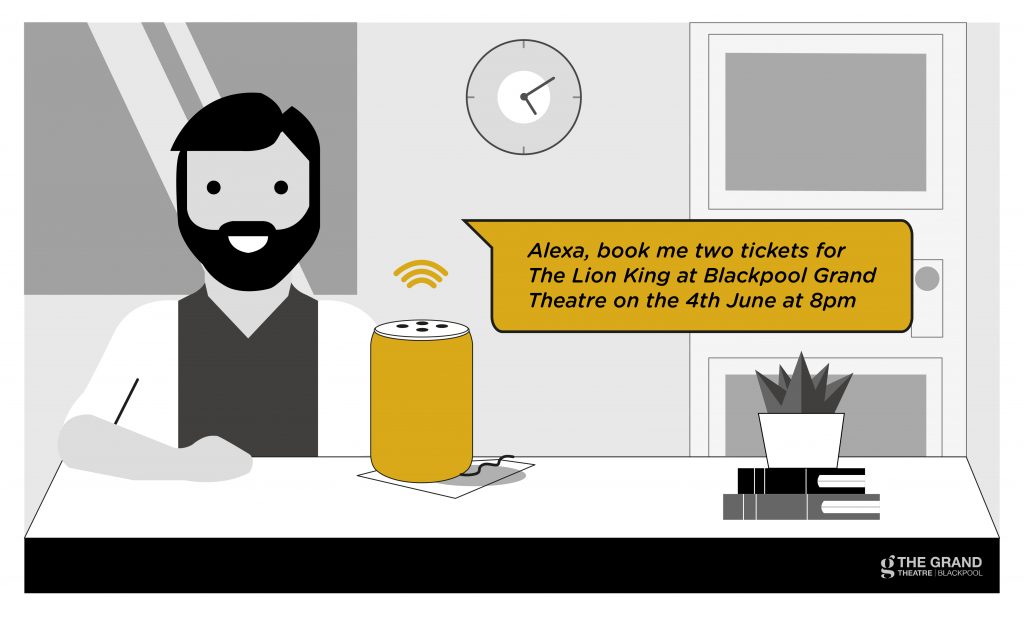
Transformation in Ticket Booking
In 2019, Statista.com reported 96% of households in the UK had Internet access at home. Data from Strategy Analytics adds that over 1-in-5 UK households had a SMART speaker. That translates into 5.8 million households and a reach of over 10-million users. With this fairly new widespread impact, Gadget-Cover.com reported 95% of 16 to 24-year-olds and 91% of 35 to 54-year-olds now have a SMART phone.
This huge increase now leads the way to interest and foresight in what theatres can offer online through the likes of SMART-Booking of theatre tickets on the go, through your SMART phone, watch and home speaker. Technology would allow you to ask Alexa or Siri ‘Book me two tickets to the Russian Opera at Blackpool’s Grand’. Alexa or Siri would then confirm the performance you wanted and through Ai technology would know your regularly booked seats, ‘The seats you had last time you attended are available, would you like them again?’, Yes Alexa or Siri I would. Alexa or Siri would then confirm your seats, sending a new electronic ‘Live Ticket’ to your SMART device.
Customers receiving a new ‘Live Ticket’ which would sit in your iPhone Wallet (Google Wallet) would allow theatres to update it at any time (with said permissions), this could include casting biographies or announcements, behind the scenes video and imagery, reviews, cast introductions, concession offers and vouchers all in one place attached to your ticket. For the venue it would allow the monitoring of ‘touting’ or secondary ticketing (the practice of buying and reselling tickets for profit has always existed in some shape or form but, in the digital era, the scale of touting has increased substantially), faster returns and seating updates.
This all-in-one ‘Live Ticket’ would allow customers to use electronically sent digital vouchers in the bars and concession areas, car parking passes, public transport tickets and pre-paid taxis as well as additional benefits for theatre members with regular offers.
Live ticket development from the likes of HID and their RFID e-Wallet will enable customers to experience paperless tickets and social media integration.
Wembley Stadium connected by EE, has launched its new contactless ticketing innovation, which will transform the way that their fans enter the stadium.
Systems are becoming smarter and more personalised. In the future, customers will be able to book their favourite seats. For instance, the seat you wanted may have already been taken, so new systems would allow you to be placed on a reserve list for if and when it becomes available. These new systems would automatically move you, bill you, update your wallets ‘Live ticket’, and send you a notification – in real-time.
Automated Check-in
Staff needing to check your tickets could be a thing of the past, allowing them more time to assist with individual requests and queries. With the implementation of iBeacon, a system that allows customers to be registered as they arrive at the front door providing a welcome and relevant guidance like waiting times to entry, best bars to head for, where to go for personal or accessibility assistance, there will be less requirements for staff working in these areas but rather their time can be spent optimising the customer experience.
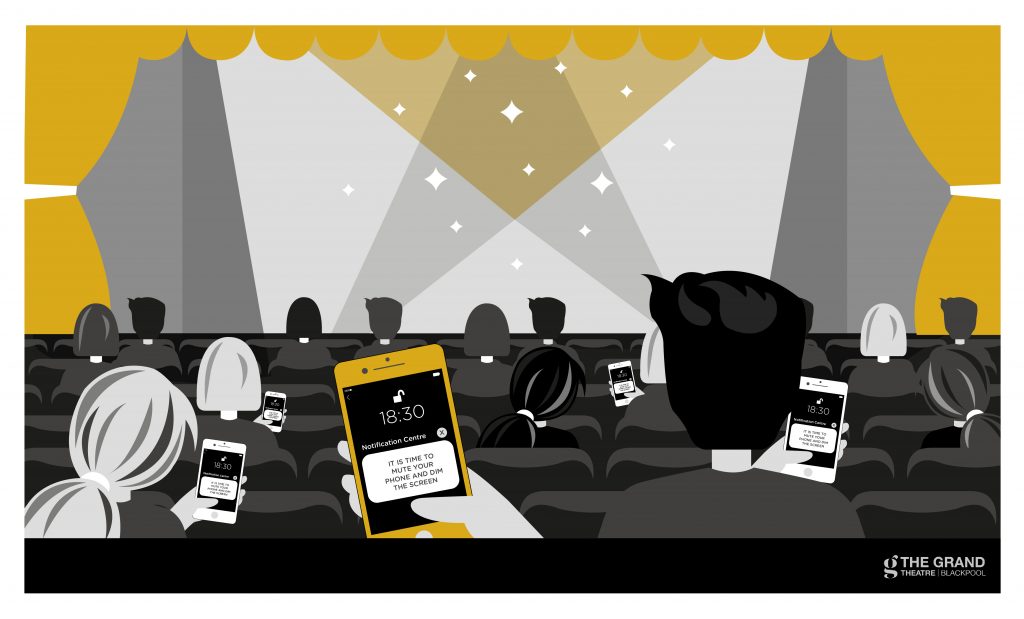
Consumer Behaviour and Recommendations
Further sensors and software could help provide added service when it comes to gathering deeper insights on consumer behaviour and recommendations. For instance, people entering the bars before the show starts or during the interval could receive special offer vouchers on a cocktail deal on their next visit based upon their previous spending habits. Furthermore, the technology would determine whether to send you a Special VIP reception offer which includes private boxes with waiter service and more. The use of sensors in the theatre could also mean that when customers have taken their seats prior to the show starting, a message can be sent to your phone, advising you to turn down the volume and brightness. It may also in the future be able to activate a pre-set ‘theatre-mode’ meaning you do nothing; your phone knows what it needs to alter. It would activate the show programme being digitally sent to your phone if you have pre-purchased, or advise you of the next upcoming production by the company you are seeing with a simple ‘one click book’ option.
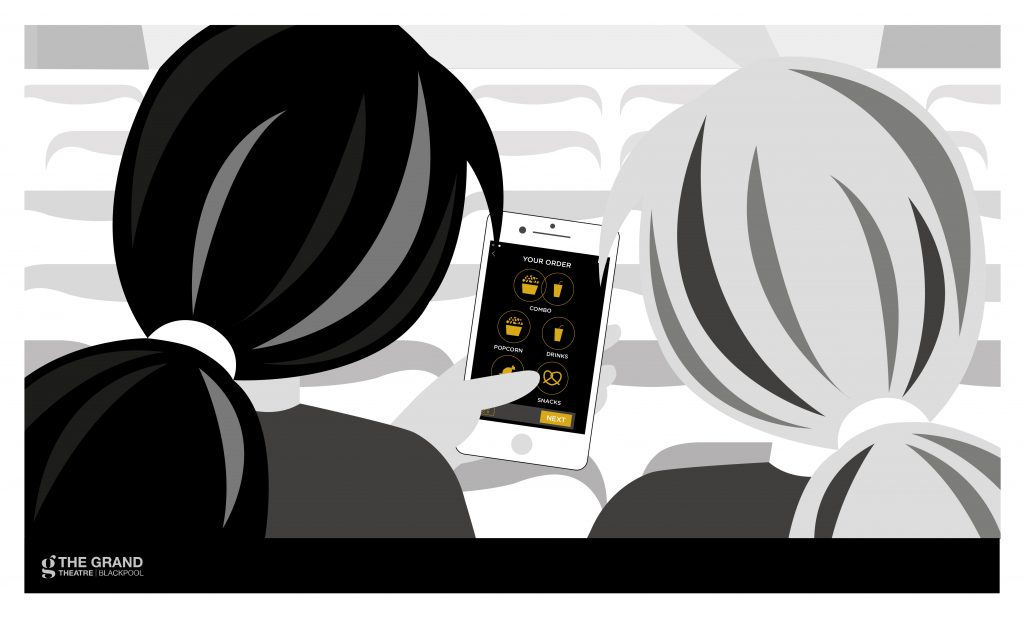
Linked digital screens in the theatre bars and reception areas would adapt based on the audience type in proximity using Facial recognition. The solution would detect peoples’ morphological criteria such as age and gender by analysing video feed in real-time. Box office screens displaying marketing materials would adapt with an assigned graphic based on this data. Screens would be linked in real-time to call on a database of previous shows and their highest attendance demographic linked to similar forthcoming shows giving a higher chance of engagement with the ad.
Further into the future individually controlled seats would include heat/cool mats seamlessly stitched in allowing your own individual ideal temperature preference with SMART phone Bluetooth control (many cars already have this technology). A subtle slow-tilt mechanism would be included much like planes.
These advancements would give theatre-goers a tailored journey or experience, information would be more streamlined, through either information provided by the customer or morphological criteria.
So, what will these improvements mean for customers? Artificial intelligence (Ai) is growing at an incredible rate and is becoming part of the foundation of everyday things (SMART phones, watches, glasses, TVs, fridges, cars and more). Using Ai can assist consumers by tailoring relevant advertisements or information, it can be tailored for a male or female, or any age demographic, it can even work with specific facial characteristics (facial recognition). In the future, we may even be able to create a campaign that compares passing audience members with characters in a play/musical, saying ‘you’re a match for ‘this’ character.
Tailoring offers using Ai could include, audience members attending ‘Hair The Musical’ could tie in a male or female hairdresser offer when purchasing tickets or exiting the theatre, or men with beards or moustaches attending ‘We Will Rock You’ could get a special barber offer.
What customers receive or view from an email being sent, through to a website visit, social media posts or text updates can all be personally tailored as more and more information is gathered about a customer’s preferences.
As mentioned, experiences and value can be built and offered based on the information that can be gathered through various channels all brought into one channel. However, there is a worry that lies with the public, how is that information being stored and used?
The more we can gather the more we can learn about human behaviour on a scale, In 2019 Ron Schmelzer wrote an article in Forbes ‘Should we be afraid of Ai?’ questioning our worries about machines going rogue, taking our jobs, what is super intelligence, and power being in the wrong hands. ‘What is it capable of?’ That is what the public need to understand, when will we reach the times of Star Trek, HAL, Terminator, and iRobot – well we don’t know as Schmelzer comments:
‘All of these fears boil down to the fact that we just don’t know where Ai (super intelligence) is going and how soon it will take us to get there. Technology makes surprising and unusual leaps and bounds in ways we never think it will and things we think will take a while, don’t.’
Ai is a way of picking up bread crumbs we all leave and a way of learning how we do things. Marketing is learning how to use that technology to achieve better customer service, improve the offer and make the process easier.
So how could a theatre use Ai technology responsibly?
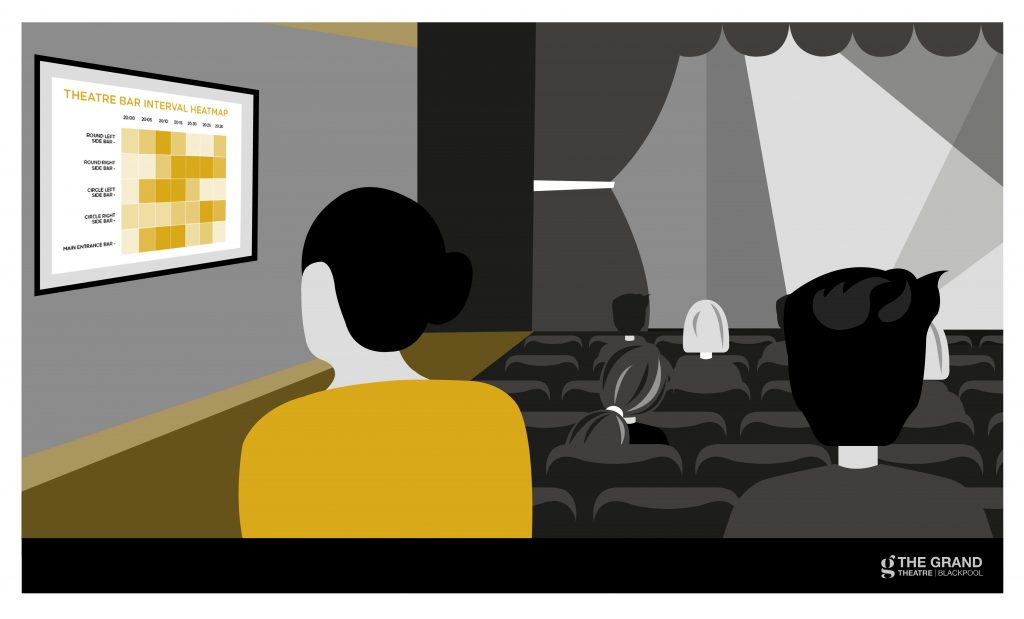
Interval notifications and bar heat mapping
Interval notifications via iBeacon would offer incentives to experience special deals and promotions such as ‘book now – save while at this performance’ deals. Special access to experiences like surprise after the show meet and greets and merchandise delivered to your home by post or digital download. All of these offers aim to engage and increase customer satisfaction, offer VIP experiences to added-value events and in some cases allow theatre staff more freedom to care for its customers.
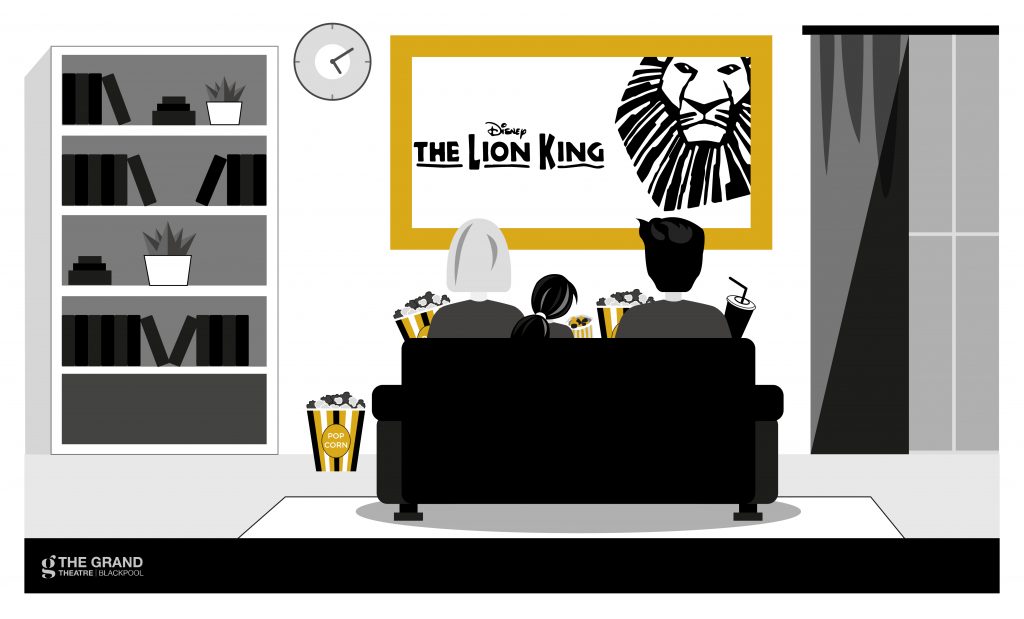
Merchandise points would also start to offer digital downloads or USBs ready to collect as you leave your live event so that you can revisit your evening time and time again. The future could also offer the fact of your performance being uploaded to your SMART TV box at home ready to show your friends and family.
Technology is in place in some arenas and stadiums to work with SMART TV screens which advise customers where the quieter bars, confectionary and merchandise points are based on heat-mapping of till transactions, in turn benefiting customers with faster wait times.
Interval bars would also offer the options to purchase theatre tickets for future shows and events with your drinks and merchandise, as well as discounted post-show dinner vouchers and reservations at recommended restaurants.
After the Show – Audience Development and Reviews
Following an incredible performance where customers leave feeling elated, iBeacon would detect theatregoers leaving the venue and auto-send a message to their device asking them to review the theatre show. They would complete this once and it would ask which social platforms to post it to including the largest review platforms; Twitter, Facebook, and TripAdvisor.
The following day an experience survey would be sent from the theatre asking for feedback, using the Ai data collected from iBeacon it would be known whether to include additional questions concerning the bar, concessions and box office. The data would then be condensed automatically for each performance in real-time so department heads could be updated and act immediately for the next performance in a ‘last performance review’ report.
This would provide an instinctive and immediate response to customer experience feedback allowing a more all-round greater experience for all attendees.
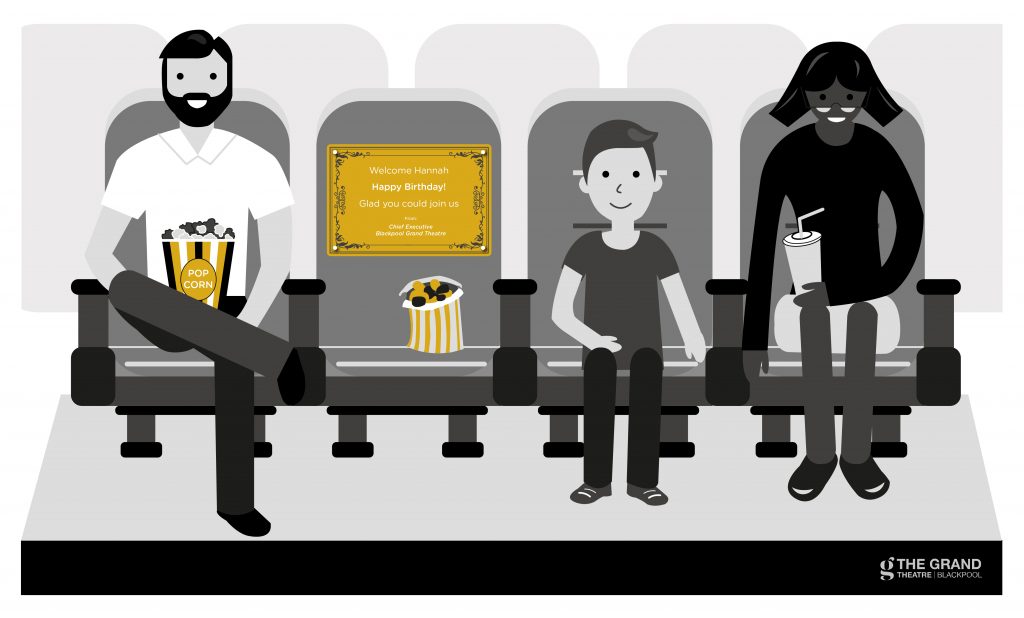
How will theatre change digitally?
We are constantly learning about our customers through the data collected at various touch points. Receiving an email or text about a show, leaving a review on TripAdvisor or purchasing at the bar or concession stand can be collected, monitored, and used to provide a better customer experience in real-time or to learn from.
Ai software like Activity Stream allows many avenues of data collection to be channeled together to help theatres learn.
Providing Business and Customer moments helps channel information from all customer touch points as well as pulling in national data on the theatre industry from the Audience Agency. This provides great oversight and understanding of our audience locally against regional and national comparisons.
What is Activity Stream?
The Activity Stream platform (Live Entertainment/Sports) utilizes artificial intelligence to create actionable insights to provide decision support to an organization. It provides a complete 360° real-time overview of the business based on collected and connected data, enriched and analysed to provide customer understanding.
An organisation can benefit massively with Ai systems like Activity Stream saving huge amounts of time utilizing filterable overviews allowing you to explore at any level (broad and detailed) the data you collect. It improves marketing Return on Investment (ROI) by better segmentation and automated campaign tracking and can increase revenue from timely inventory management and Ai-based ticket sales predictions.
Martin Gammeltoft, CBO of Activity Stream, commented on how these updates will improve the customer experience:
“In marketing, I think the biggest benefit is relevance. By targeting better, the audience will experience that the communication is relevant, and will therefore start listening more to what you tell them. Better segmentation in email almost always results in higher opening rates, higher sales per email, and fewer unsubscribes. It’s an investment that has an enormous impact (and the right tools will help minimize the effort required).
In other areas, like chatbots, customers can experience very fast handling of their questions, at all times of the day. Maybe even without knowing that “Susie” was actually a chatbot. This again frees up time from the team, who can now invest in improving in-person dialogues or exploring customer moments.
When asked about how the older generation would be affected when it came to more technologies in the theatre environment, Martin added that;
“All good technologies are tools that help competent people do more, like the carpenter getting a better tool for his work – but the work is still that of the person. To me, whether it’s Ai, big data, real-time analytics etc, it’s all worthless unless it makes a person do things better”.
The Future of Ticketing
Ticketing isn’t going to change overnight, however, the pandemic has had a dramatic effect on digital and the ‘what are the possibilities’ questions. As the UK Prime Minister said ‘this is a time to be ambitious’. Many of the ticketing platforms are stepping up their game to compete with the other technologies. Processes that will change will be the purchase methods with Ai helping to book your tickets through your TV, smartphone, and watch.
Michael Nabarro founder of the Spektrix ticketing system when asked by UK Theatre about ‘where will ticketing be in 20 years’ time?’ said: ‘The long-term future of ticketing lies in global technology platforms that interconnect and can provide the industry with a better way of doing business, maximising their revenues, automating where possible and ultimately providing audiences with the best experiences from the purchase, to the visit, to the follow-up communication…’
When will we begin to see these changes?
Changes are happening, theatres like Blackpool Grand and the Barbican are leading the way in Ai and digital experiences, live broadcasting following the COVID-19 pandemic has boomed 100’s of millions of hours of viewing. Digital tickets are already here, but Live Tickets should be here very soon. Automated seats, heat-mapping, and iBeacons will probably be seen in the next five years. Theatre’s are already adopting the cashless theatre – Covid-19 again will make that a sooner than predicted reality.
But in 2020 things changed – Festicket CEO Zack Sabban gave some recent predictions to Access All Areas within the context of the Covid-19 pandemic for the future of ticketing “The live entertainment industry will bounce back, but the pandemic will leave its mark. It’s imperative that industry players come together to adapt to this ‘new normal’.’’ Sabban added “Consumer expectation on customer service will sharply increase, which means ticketing companies will have to invest more than before in customer service infrastructure, and expected increase in live steam and “from-home” entertainment, creating new forms of online events.”
Changes we can already see is that Mark Zuckerberg wants to turn Facebook into a ‘metaverse company’ – what does that mean?
He said: ‘In the coming years, I expect people will transition from seeing us primarily as a social media company to seeing us as a metaverse company … In many ways the metaverse is the ultimate expression of social technology.
‘The term “metaverse” is used to describe the vision whereby the internet will evolve into a virtual world. The idea was first conceptualised in 1992 by the American novelist Neal Stephenson in his science fiction classic, Snow Crash. It foresees the internet as a 3D virtual living space, where individuals dip in and out, interacting with one another in real-time.
‘Many in Silicon Valley still view the metaverse as the future. For example, Google is heavily invested in augmented reality (AR), which is where you use technology to look at the real world but with digital 3D objects layered on top. And rumours swirl that Apple is building products like glasses for experiencing virtual spaces.’
How will this affect shows as we know them today?
Creative industries contributed more than £111bn to the UK economy in 2018. New government figures show the country’s successful creative industries contributed £111.7 billion to the UK in 2018, equivalent to £306 million every day and over 400,000 jobs.
These facts show UK residents love the creative industries and although severely impacted by COVID-19, this model will not change.
Shows are constantly adapting with technology, an incredible example of what is possible could be seen with a digital avatar work from the Royal Shakespeare Company. Working with Intel™ and leading performance capture company, The Imaginarium Studios they created a revolutionary production of Shakespeare’s The Tempest.
Other projects include AR technology at the National Theatre: Enhancing experiences for hard-of-hearing patrons. National Theatre’s “Open Access Smart Capture” service: A transformational, augmented reality approach to assisting theatre goers with access needs.
The National Theatre’s Open Access Smart Caption service takes captioning to the next level by harnessing the capabilities of augmented reality, integrated within the National Theatre’s speech following software and audio description service. Delivered on the latest Epson Smart Glasses, the solution enables the user to see captions for theatre performances in front of their eyes on the glasses, from any seat in the auditorium.
Diversifying digitally has become a must due to the pandemic, with creative industries having to react rapidly. This could lead to a whole new audience that may not have naturally stepped foot in a theatre before.
Conclusion
With the adoption of technology and an understanding of customer behaviour through Ai, a better customer experience can be delivered from first engagement to departure, and nurture. The theatre industry is understandably steeped in tradition, however, our experiences all must adapt, to meet the demand for a consumer who thrives on convenience.
For more information about Blackpool Grand Theatre, and how you can help, head to their website to donate or discover more.
[Illustrations Copyright Blackpool Grand Theatre]
